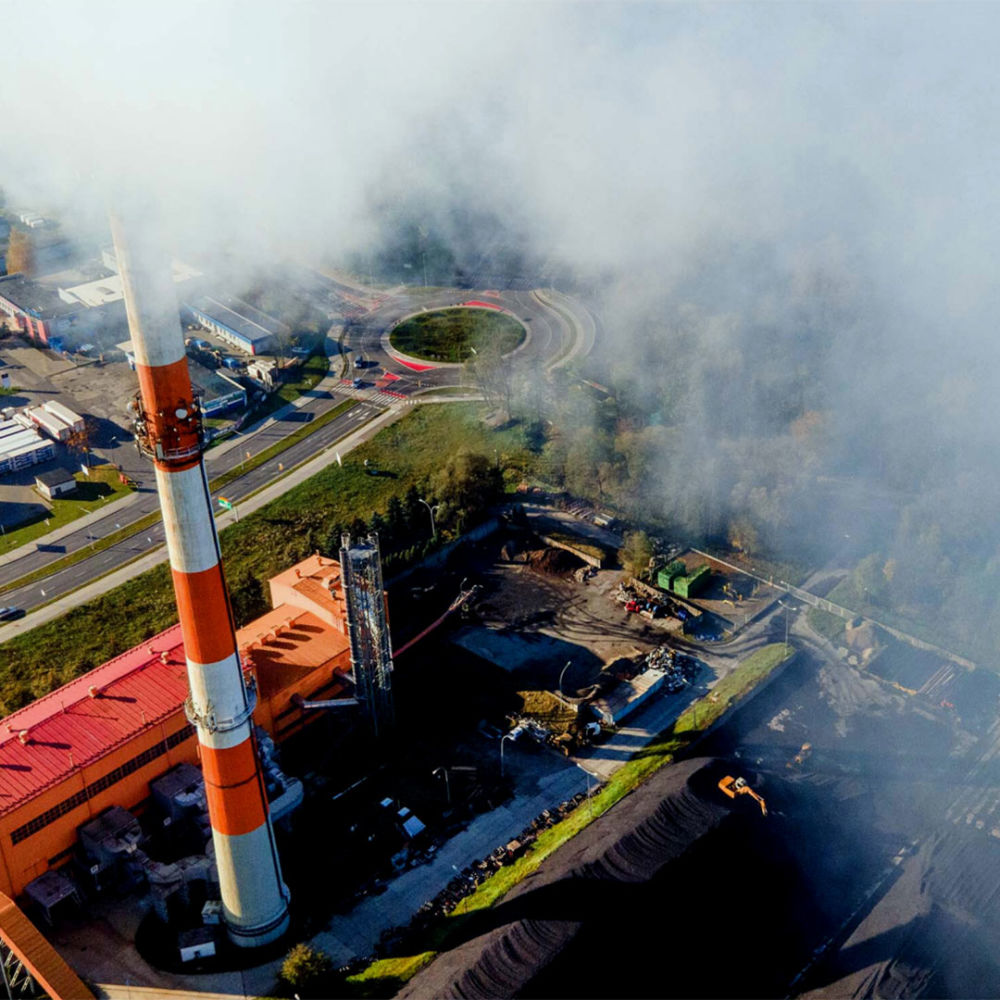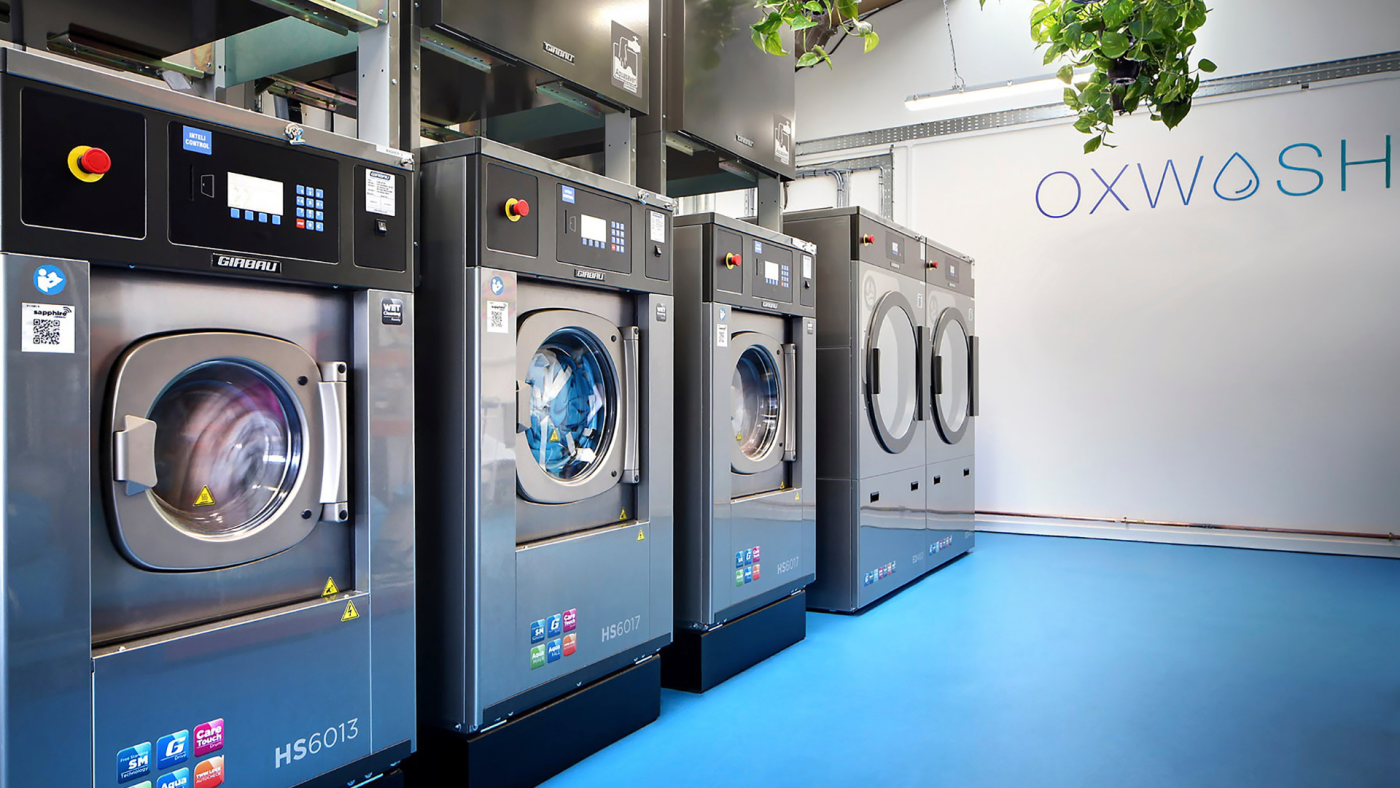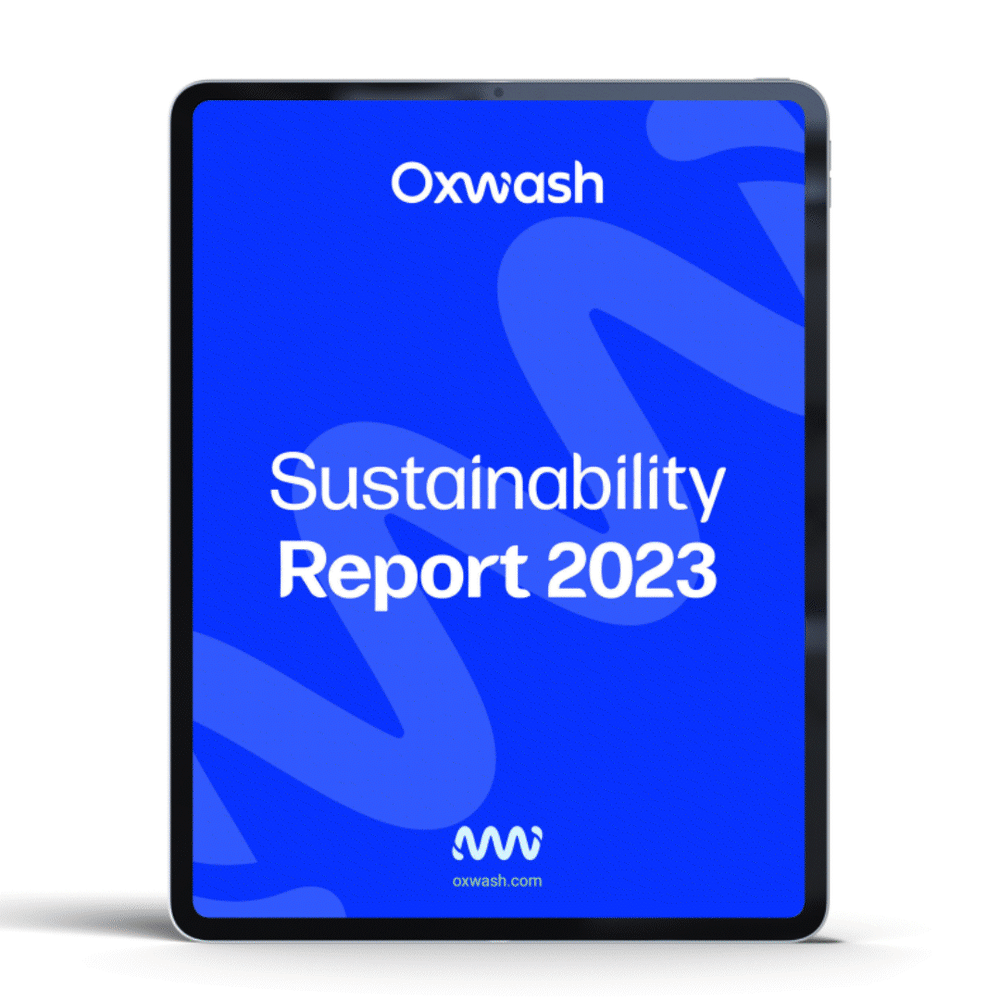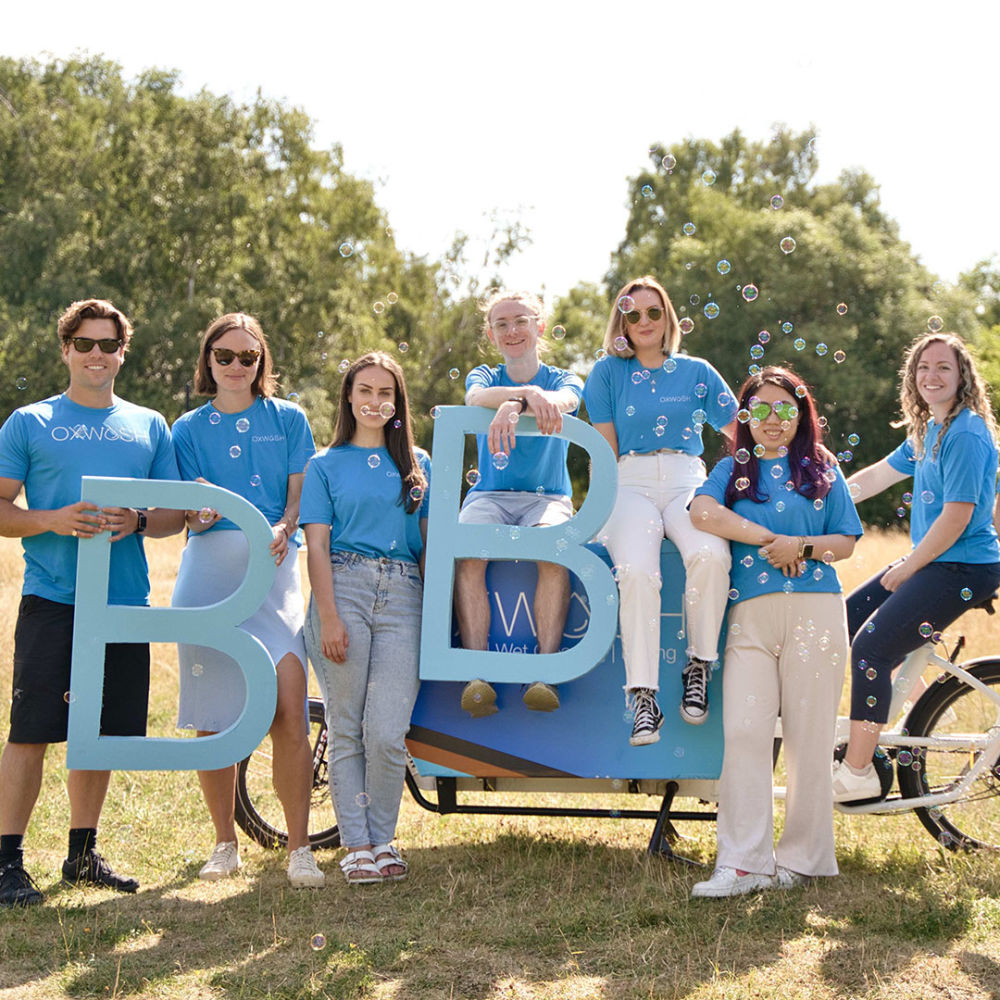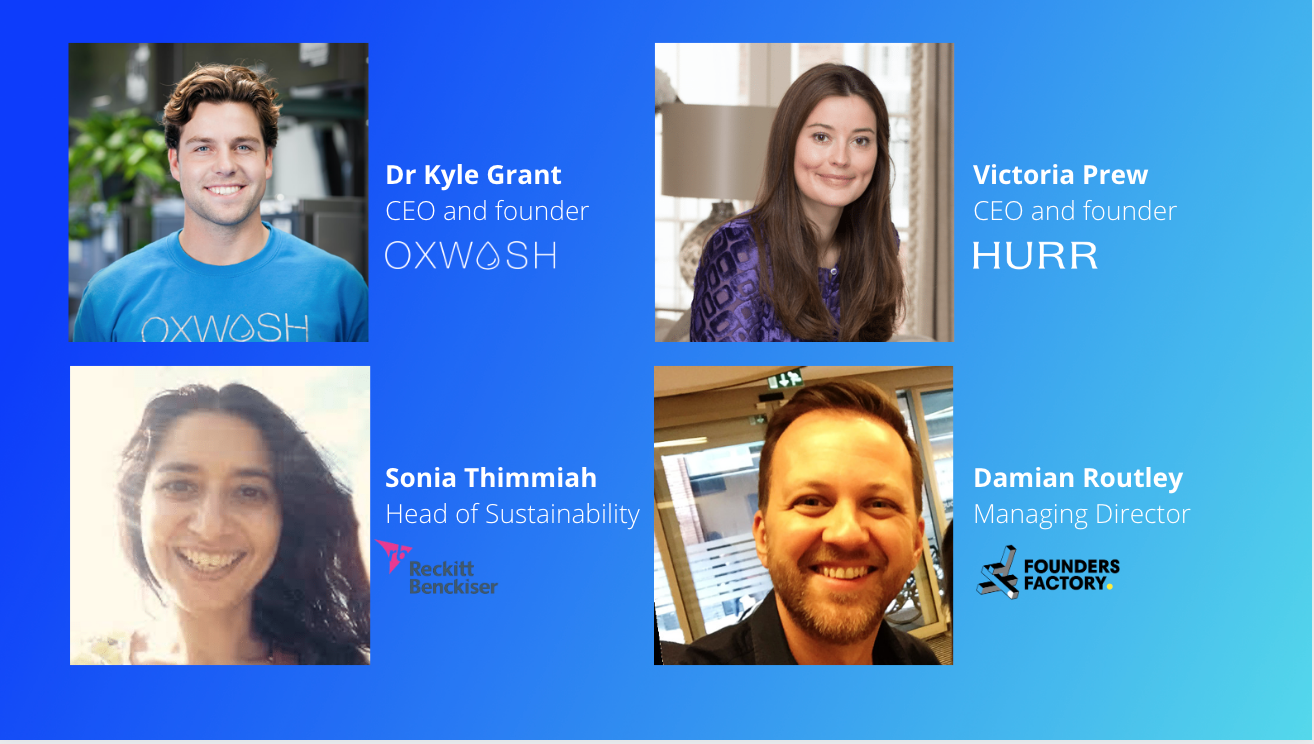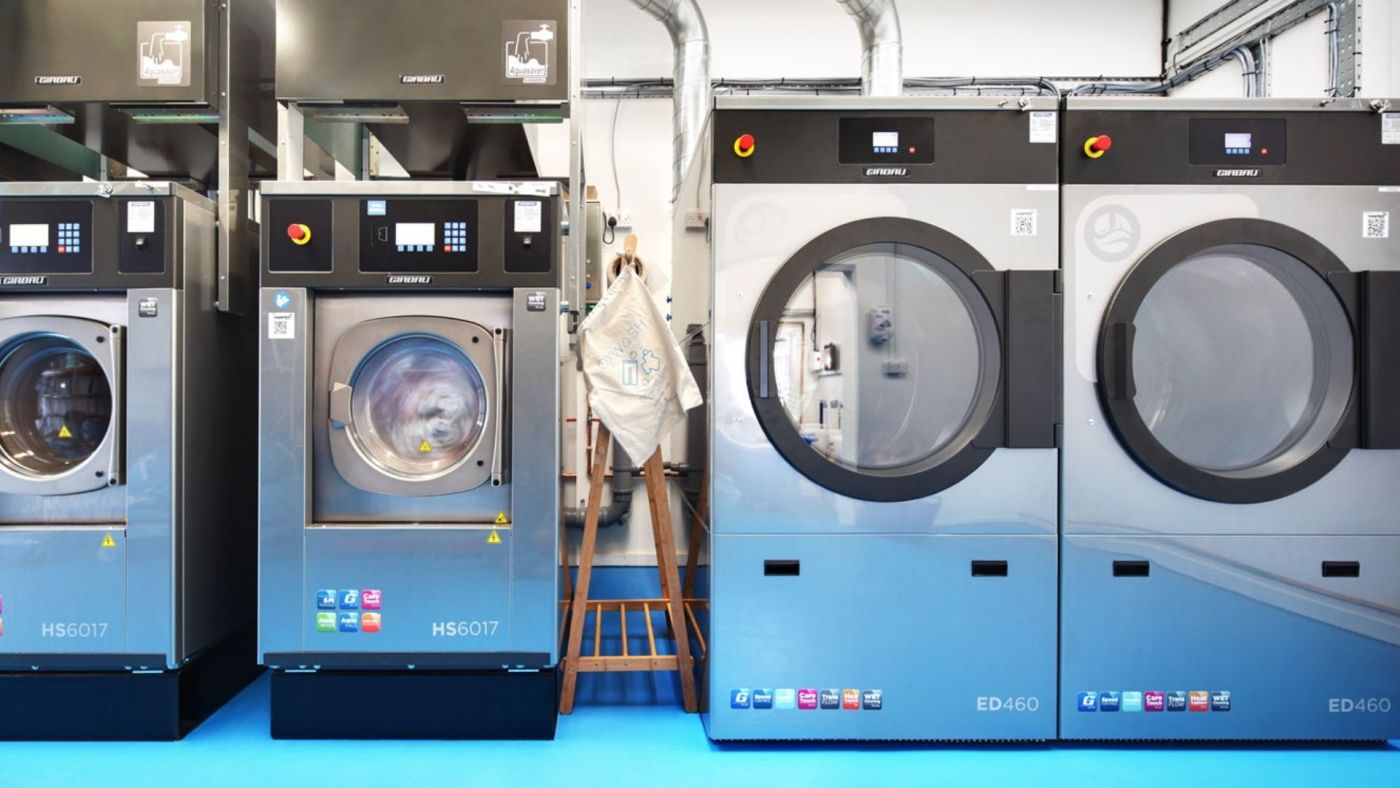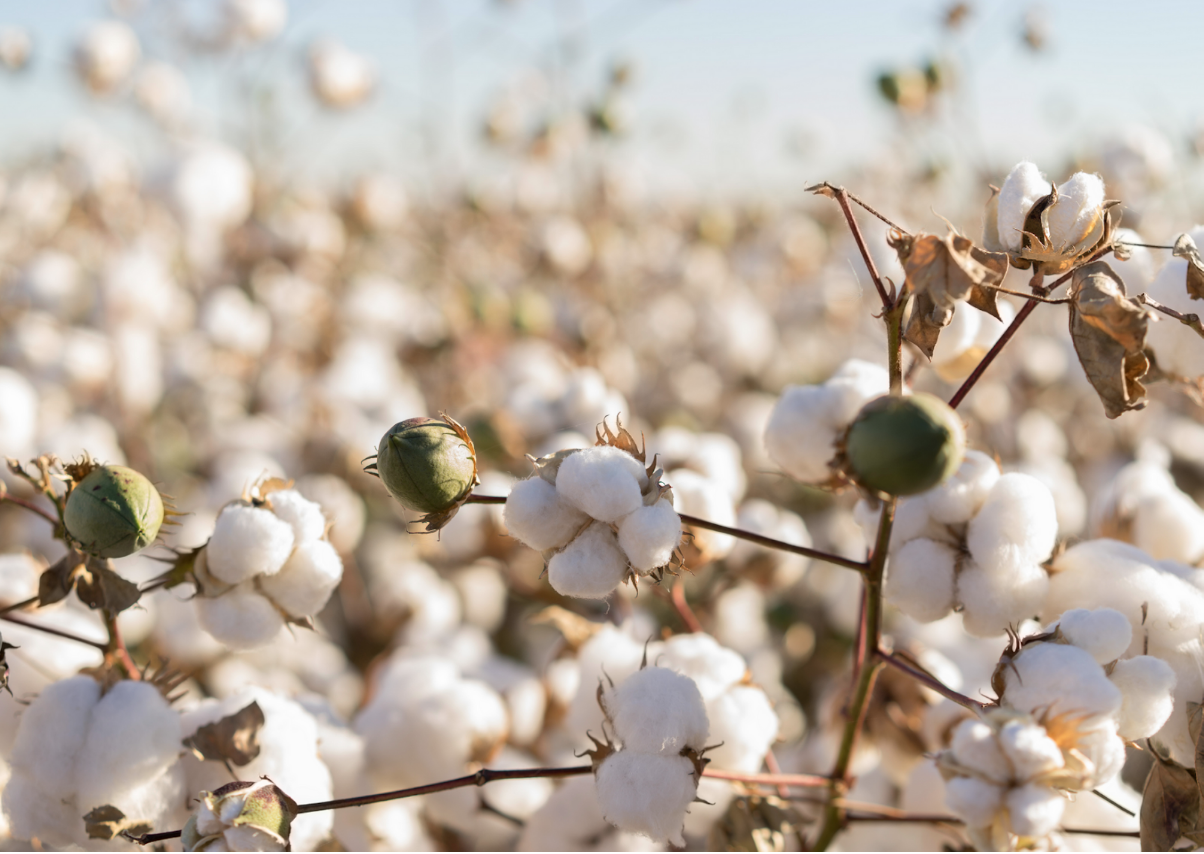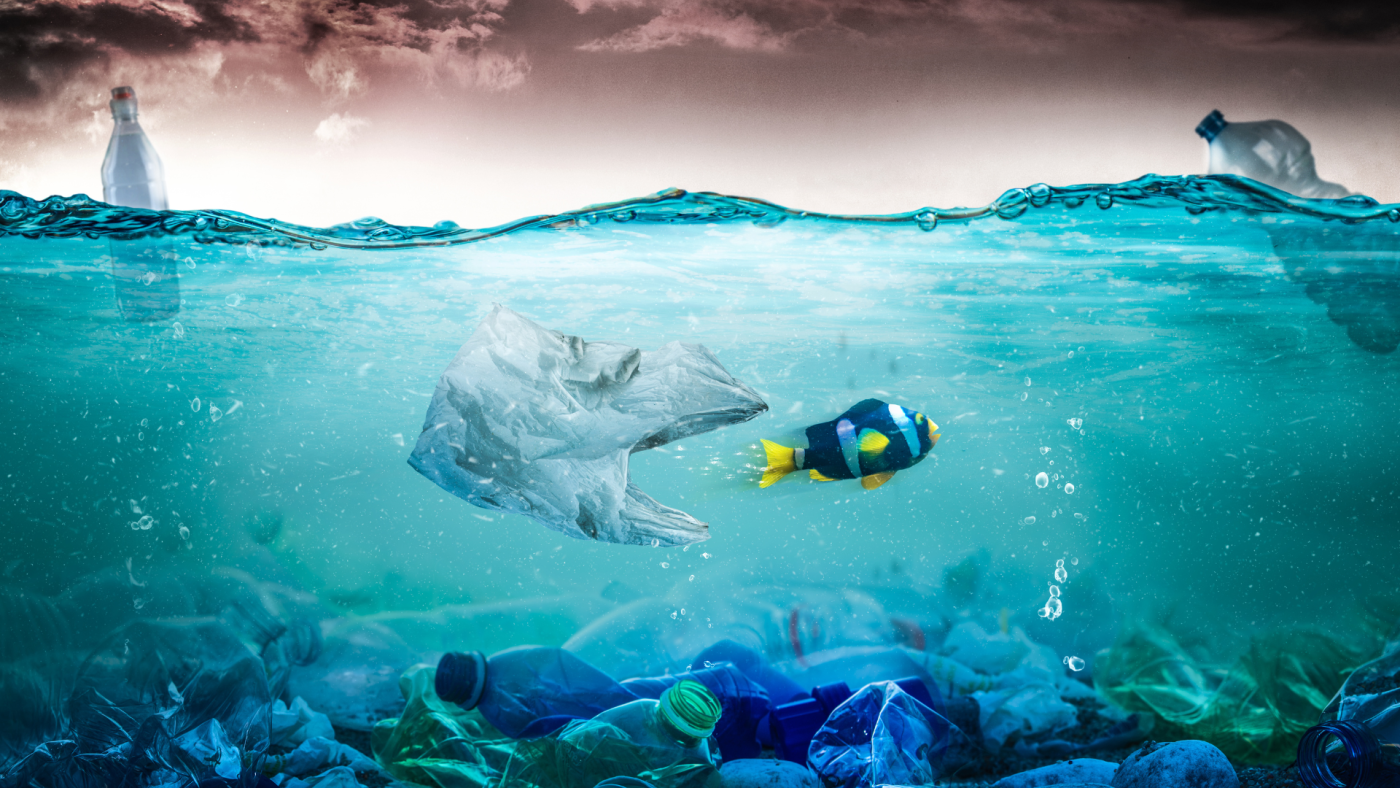Every year, the global laundry industry washes millions of tonnes of textiles for healthcare and hospitality clients emitting an estimated 62 million tonnes of greenhouse gases.
The impact of laundry operations on the environment and climate is complex, and occurs at various points along the supply chain. On one hand, the industry needs to focus on reducing greenhouse gas emissions that result from the use of fossil fuels to run machinery, heat water, and dry textiles. On the other hand, significant improvements need to be made in the supply chain to reduce emissions related to textile production, chemistry manufacturing, and equipment development.
